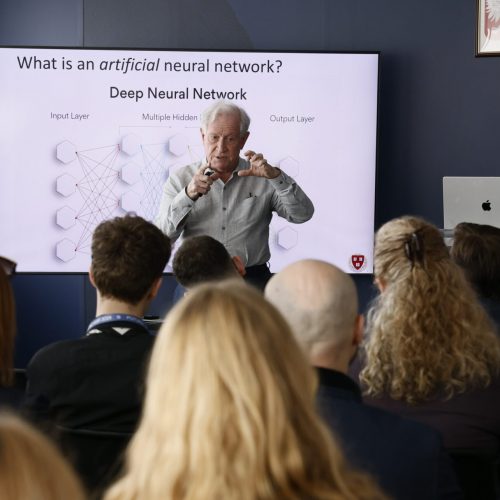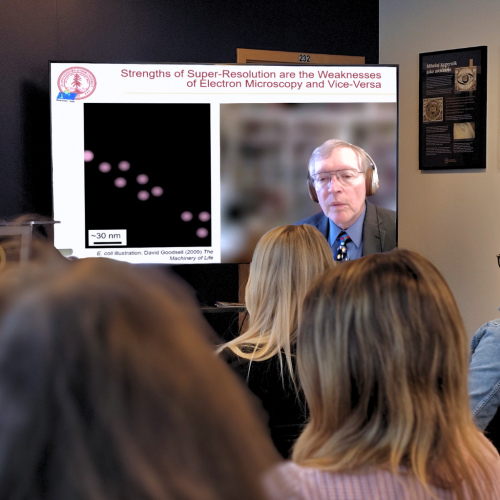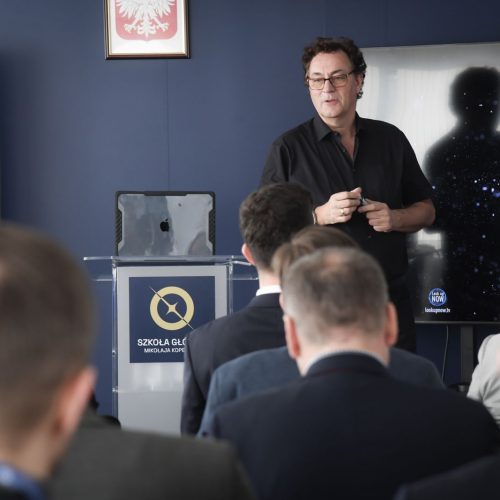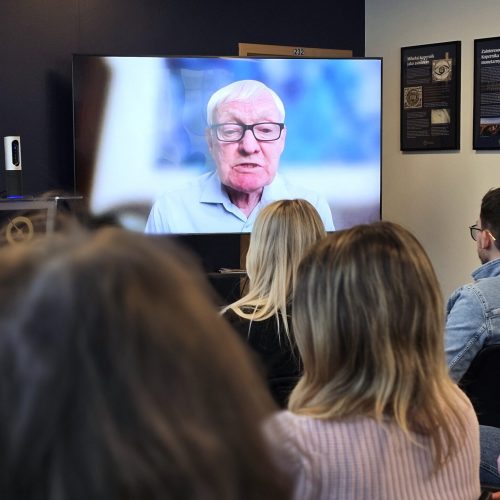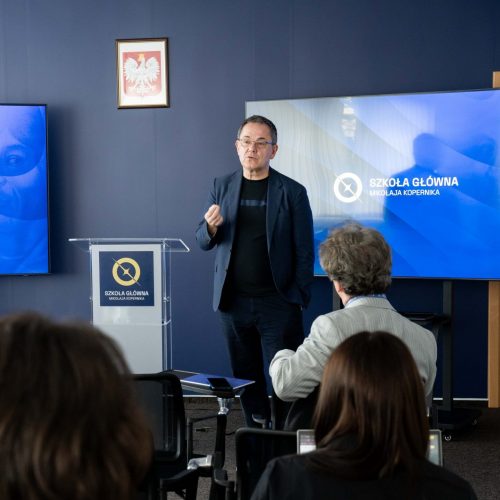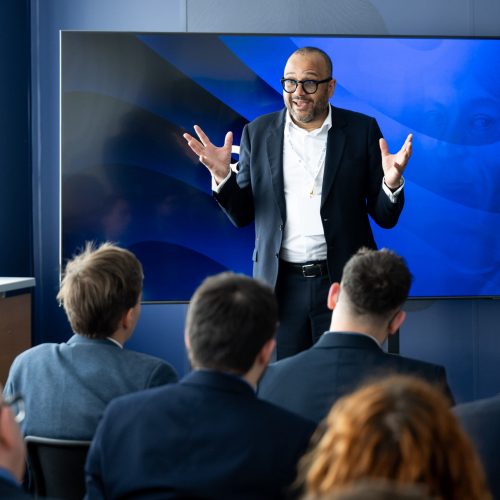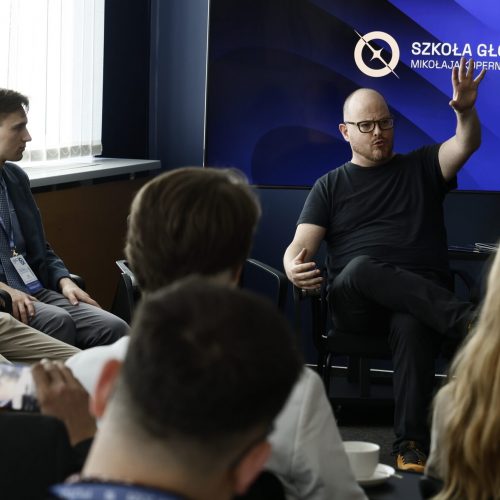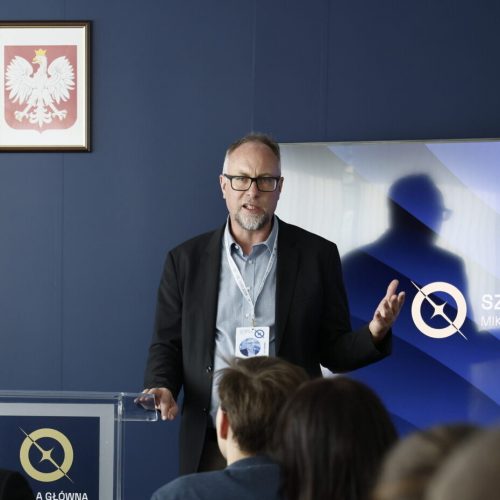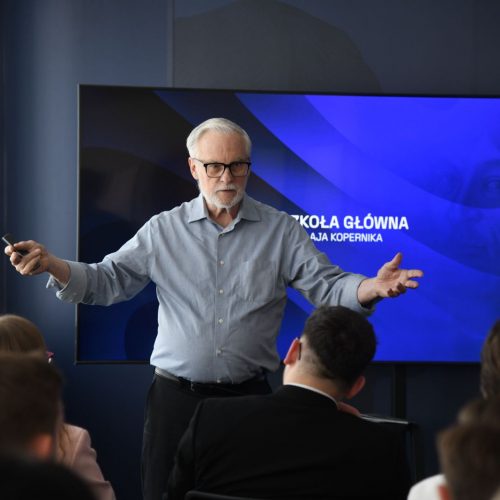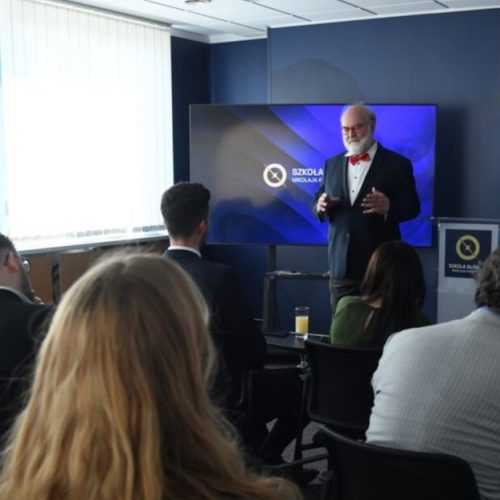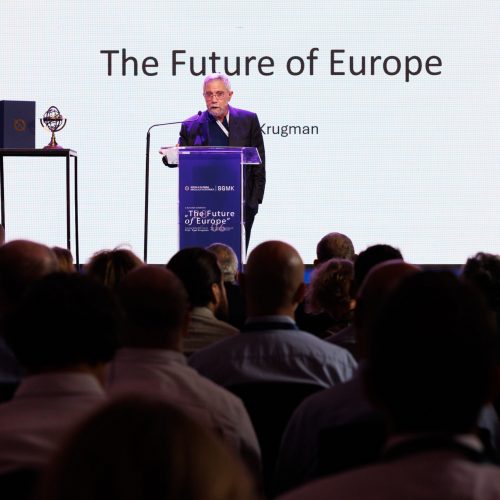The Nicolaus Copernicus Superior School provides students, doctoral students and graduates with direct access to expertise offered by scientists and specialists from the best research centers in the world. To this end, we have organized an interdisciplinary international special lecture series “SGMK – University of the Future” . University of the Future is an integral part of the SGMK curriculum (first and second degree studies, as well as doctoral school and postgraduate studies).
SGMK – University of the Future is an initiative supporting quality education, which aims to provide students in Poland with direct access to knowledge of outstanding scientists and specialists from around the world, without the need to go abroad. Nicolaus Copernicus Superior School’s “University of the Future” enables students to attend lectures, classes and workshops conducted by scientists from Harvard, Cambridge, Oxford, and M.I.T. Universities, among others, including many Nobel Prize winners, as well as specialists and experts from the world’s leading science, research and consulting centers.
So far, special lectures for SGMK students and doctoral students have been given by:
